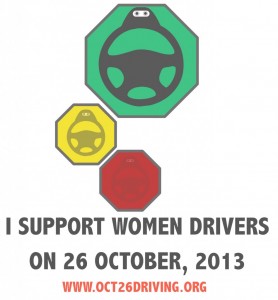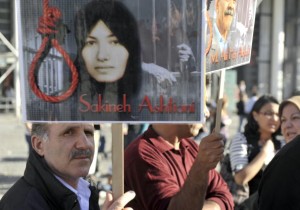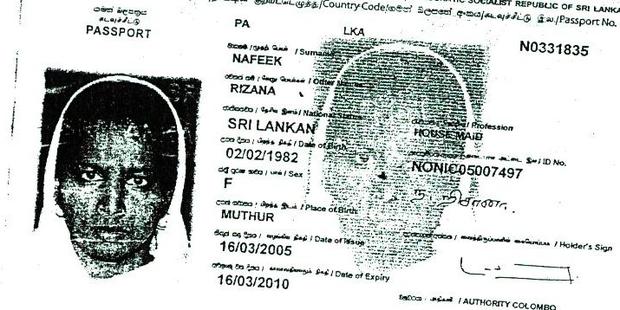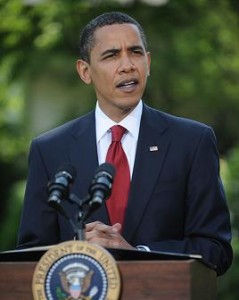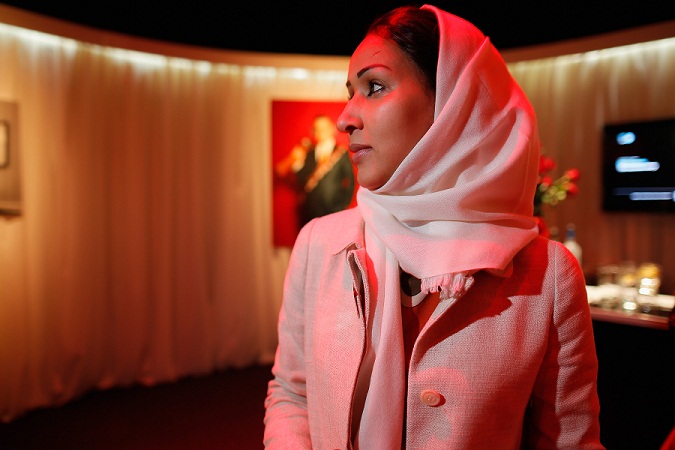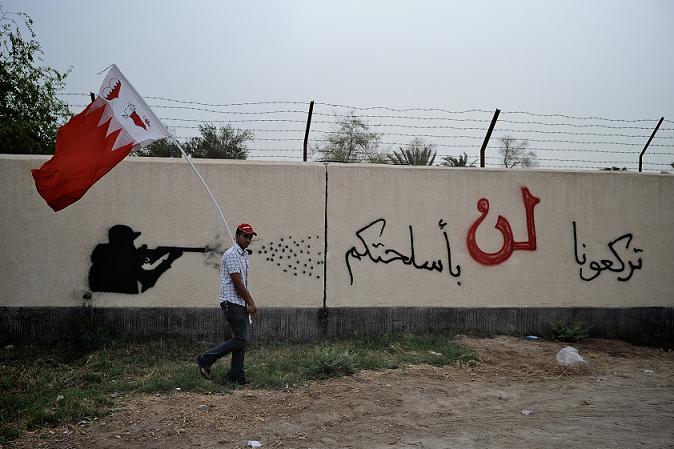
Saudi activist Manal Al Sharif, who now lives in Dubai, flashes the sign for victory in solidarity with Saudi women campaigning for women’s right to drive in Saudi Arabia (Photo Credit: Marwan Naamani/AFP/Getty Images).
President Barack Obama has an opportunity this month to lead from behind on women’s rights in Saudi Arabia – behind, that is, a woman driver.
The president is visiting the repressive Gulf kingdom this month. In a letter delivered to the White House, Amnesty International is calling on him to take a stand on women’s rights by meeting with the female leaders of a campaign to end the ban against women driving. We are also calling on him to have a woman Secret Service driver himself during his visit.
Take action to demand the president support women’s rights in Saudi Arabia.
